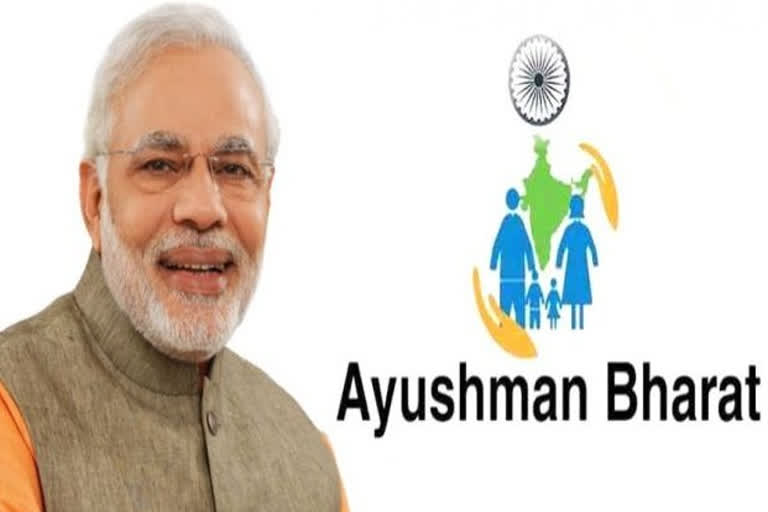Hyderabad: In the fifth meeting of the Governing Council of NITI Aayog held on June 15, Prime Minister Modi expressed his desire to see the central and state governments fight unitedly against poverty, unemployment, drought, floods, pollution, corruption and violence to build New India by 2022.
He emphasized that the aim is to make India a 5 trillion-dollar economy by 2024. The statement that states will be made self-sustained was heavy on federal spirit but made no progress in implementation.
KCR’s declaration that Centrally Sponsored Schemes (CSS) which don’t benefit the state, or its people would be discarded, has echoed the opinions of many other states. KCR objected the schemes stating that the central government has not even released Rs 1000 crore funds this year as against the requirement of Rs 5000 crores.
While states are struggling to implement these schemes on their own with meagre funds, the central government is eager to steal away the credit.
Chief Minister of Bihar, Nitish Kumar has expressed his dissatisfaction on recommendations made by the 14th Finance Commission, which further burdened the states. He opined that CSS must be discontinued, and Central Sector Schemes must be introduced instead with complete funding from the central government. He said the states would implement other schemes based on their requirement. Many states have raised their voice against CSS. Even NK Singh, Chairman of Finance Commission remarked that the number of CSS must be reduced to achieve optimum financial progress.
Prime Minister Modi has proclaimed in February 2015 that their strategy is to inculcate financial discipline in states and make them progress through self-sufficiency schemes and increased revenues. For decades, states were made mere dumping grounds with lion’s share of funds under central government’s control. This has brought about worrisome results.
Although Modi has established NITI Aayog in his first term, there is widespread criticism that it is not a better alternative. If the implementation of schemes is responsibility of the states alone and given that they are aware of the local requirements, what is the significance of formulating the schemes at a central level?
During the first term of UPA’s rule, there were about 150 CSS which were reduced to 66 by June 2013. Upon the suggestions made by The Chief Ministers Panel, they were further reduced to 28. The dividends of the states were increased to 42% in the 14th Financial Commission. But the profits gained from this move were nullified by doubling the states’ fiscal share in CSS. The states are independently implementing schemes like Rythu Bandhu and Aarogyasri effectively. The central government is just squandering away limited financial reserves besides having nothing new to contribute.
NITI Aayog has indicated in August 2016, that the central and state governments must consider issues like poverty elimination, drinking water supply, agriculture, education, healthcare as parameters of national development and work towards achieving them.



